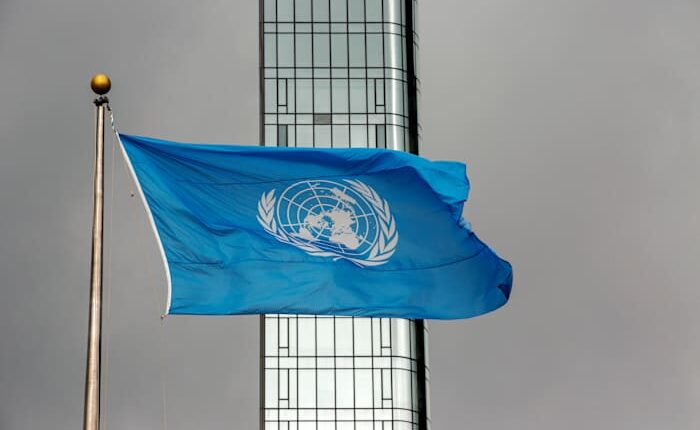Share this @internewscast.com

ISLAMABAD – According to a report released on Sunday, the Taliban are looking into specific death threats made against numerous Afghan women employed by the United Nations.
The U.N. mission to Afghanistan highlighted in its recent update on the country’s human rights situation that several female national staff faced explicit death threats in May.
These threats were issued by unidentified sources concerning their work with the U.N. Assistance Mission in Afghanistan (UNAMA), as well as other agencies, funds, and programs, prompting the U.N. to take temporary protective measures, as stated in the report.
The Taliban informed the U.N. mission that their members were not behind these threats, and the report noted that the Interior Ministry is currently investigating the matter.
Afghan authorities, including the Interior Ministry, didn’t immediately respond to requests for comment on the report or the investigation.
In December 2022, the Taliban prohibited Afghan women from employment in both local and international NGOs, extending this restriction to the U.N. six months later, and threatened to close organizations still hiring women.
Humanitarian agencies say the Taliban have hampered or interfered with their operations, allegations denied by authorities.
The U.N. report provides the first official recognition of death threats targeting Afghan women in this sector, additionally pointing out other issues impacting women’s safety and personal freedoms.
In Herat, inspectors from the Vice and Virtue Ministry began requiring women to wear a chador, a full-body cloak covering the head. Dozens of women deemed “not in compliance” were barred from entering markets or using public transportation. Several women were detained until relatives brought them a chador, the report said.
In Uruzgan, women were arrested for wearing a headscarf, a hijab, rather than a burqa.
Women have also been denied access to public areas, in line with laws banning them from such spaces. In Ghor province, police forced several families to leave a recreational area. They warned the families against visiting outdoor picnic sites with women.
In Herat, Vice and Virtue inspectors stopped family groups with women and girls from accessing an open recreational area, only allowing all-male groups.
Nobody from the Vice and Virtue Ministry was immediately available to comment on the Ghor, Herat and Uruzgan incidents, which the U.N. said happened in May.
In Kandahar, the Public Health Department instructed female health care workers to be accompanied to work by male guardians with an identification card proving that they were related to the woman by blood or marriage.
It wasn’t immediately clear if the card is specific to Kandahar or will be rolled out across Afghanistan.
“The process to apply for a mahram (male guardian) identification card is reportedly cumbersome and can take up to several weeks as it requires the de facto Department for the Propagation of Virtue and the Prevention of Vice and a member of the local community (e.g. malik, imam or village elder) to verify the relationship,” the U.N. report said.
Copyright 2025 The Associated Press. All rights reserved. This material may not be published, broadcast, rewritten or redistributed without permission.









